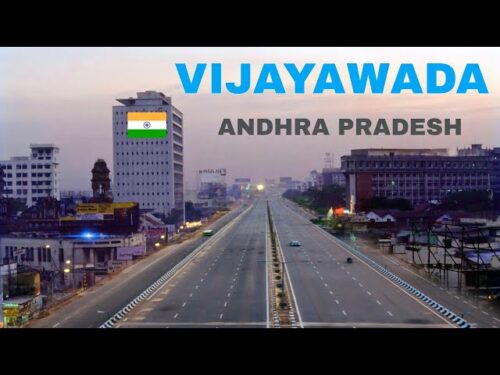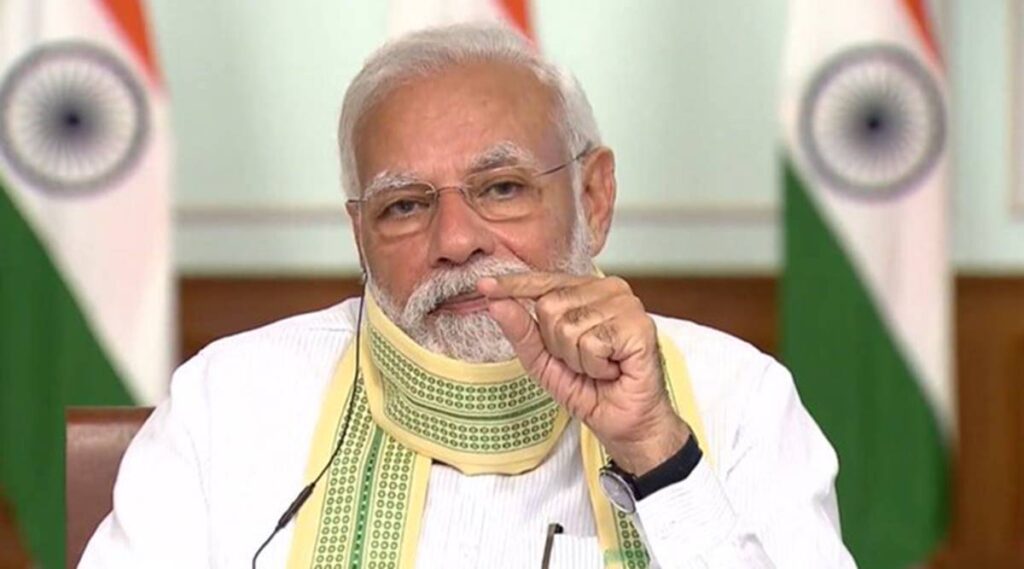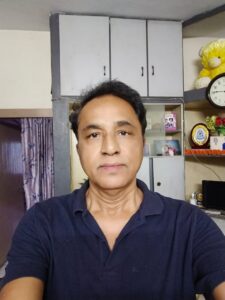Rama Krishna Sangem
Once called as a dirty hub, Vijayawada now ranks 6th among cleanest cities in India. As a testimony to its dedicated and concerted efforts in ensuring desirable standard of urban sanitation, the Vijayawada Municipal Corporation (VMC) achieved a commendable 6thposition in the Swachh Survekshan 2023 clean city rankings.
With a population of million+, Vijayawada is supported by a dedicated workforce built of nearly 4,000 sanitation workers and 300 wet waste workers and processes around 520 tons per day (TPD) of waste generated. The corporation boasts of advanced processing facilities including an MRF plant and a Waste to Energy Plant for dry waste management.
VMC has six vermicompost plants, four windrow compost plants and one bio-methanation plant in place. It has also established one domestic hazardous and sanitary waste plant. Notably, plants have been installed to process flower waste, coconut waste and horticulture waste, which adds to the local body’s waste management arsenal, enabling effective processing.
Waste water management
VMC has put up a bio-methanation plant ensuring impactful wet waste processing methods at low cost, boosting power. The bio-methanation plant processes 16 tons of wet waste per day. Also, in order to raise public awareness, VMC has envisaged the creation of an information park within the integrated solid waste management plant. This information park showcases the corporation’s sanitation initiatives, providing details of its remarkable efforts
Vijayawada generates 47 TPD of Construction & Demolition (C&D) waste, which is sent to a 200-TPD capacity processing plant. The waste is converted into bricks and paver blocks, which are placed in residential and commercial areas, providing walking spaces and organized areas for street vendors. VMC has successfully eliminated its legacy waste dumpsites, getting rid of 2.5 lakh tons of garbage through a bio-mining process.
Additionally, the 25-acre reclaimed land has been repurposed into a park. The remaining area has been utilized to establish an integrated solid waste management plant, which also houses a thermacol processing facility.
Vijayawada has three permanent RRR centres managed by SHG women, who transform collected waste into tables, chairs, handbags and more. These recyclable products are further sold to private buyers. The wall of kindness and plastic collection centres have been set up to encourage citizens to donate waste/unused items.
Vijayawada generates around 132 million litres per day of waste water. This is collected through an underground drainage pipeline and sent to a network consisting of six Sewage Treatment Plants (STPs) and one STP with a co-treatment plant, reaching an aggregate capacity of 140 MLD. The treated used water is utilized for agricultural irrigation, road cleaning, and watering plantations. As a canal rich city, VMC has successfully removed 6000 tons of waste from canal bunds.



